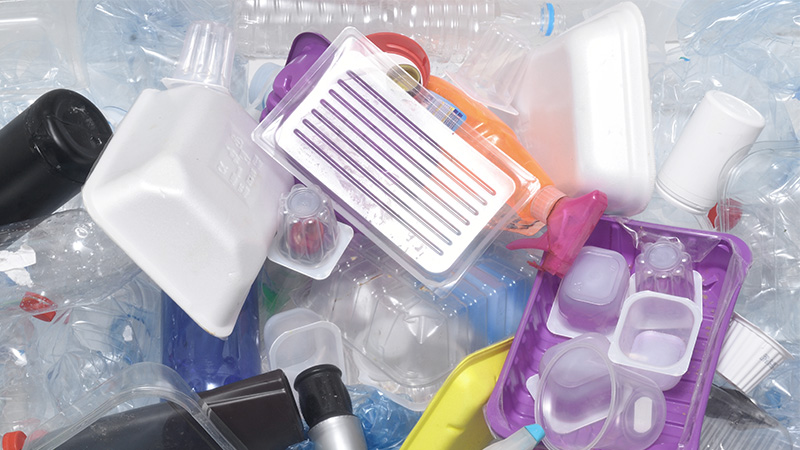Major plastics ban now in effect for NZ
For NZ Food Technology News as part of an ongoing series.
Saturday, 1 October may have come and gone as a mostly unremarkable day for most of Aotearoa New Zealand, but it saw a major ban on plastics come into effect.
Single-use plastic drink stirrers, plastic cotton buds, PVC food trays and containers, polystyrene takeaway packaging, expanded polystyrene takeaway retail packaging, and plastics with pro-degradant additives are all no longer allowed in the New Zealand market. It’s the first time I can think of that we’ve seen a ban on so many single-use plastic items in NZ, and this is only the start.
The Ministry for the Environment has announced that in mid-2023 the next group, including plastic crockery and cutlery, single-use produce bags, and non-compostable produce labels will be banned. Mid-2025 will see other PVC and polystyrene food and beverage packaging go too.
The bans are part of Government’s push to move away from problematic and difficult-to-recycle plastics and follows the banning of plastic shopping bags in 2019.
Plastics NZ has raised concerns around how aware stakeholders are about the bans, particularly for smaller businesses. Considering the huge number of corner stores, takeaways, cafés and the like, which will be using at least some of these plastics, it’s certainly a big audience to reach.
The Ministry says it will use discretion when dealing with non-compliance, preferring education as the first response and only moving to prosecution where appropriate.
A concern I have raised in the past is a mass move to compostable packaging. While not on the banned list, compostable packaging has no NZ standard, no collection and processing system, they can contaminate existing recycling streams, and there are concerns around potential health risks associated with the PFAS chemicals used in some compostable packaging.
These may well be resolved in the near future, but at the moment compostable packaging presents numerous challenges. A mass move to fibre (paper and cardboard) also presents challenges, with limited capacity to recycle it onshore, limited end-of-life pathways, and contamination issues when used as food packaging.
If the ban is news to you or your suppliers, then I encourage you to get in touch with the Ministry and carefully consider what alternatives you will move to.







